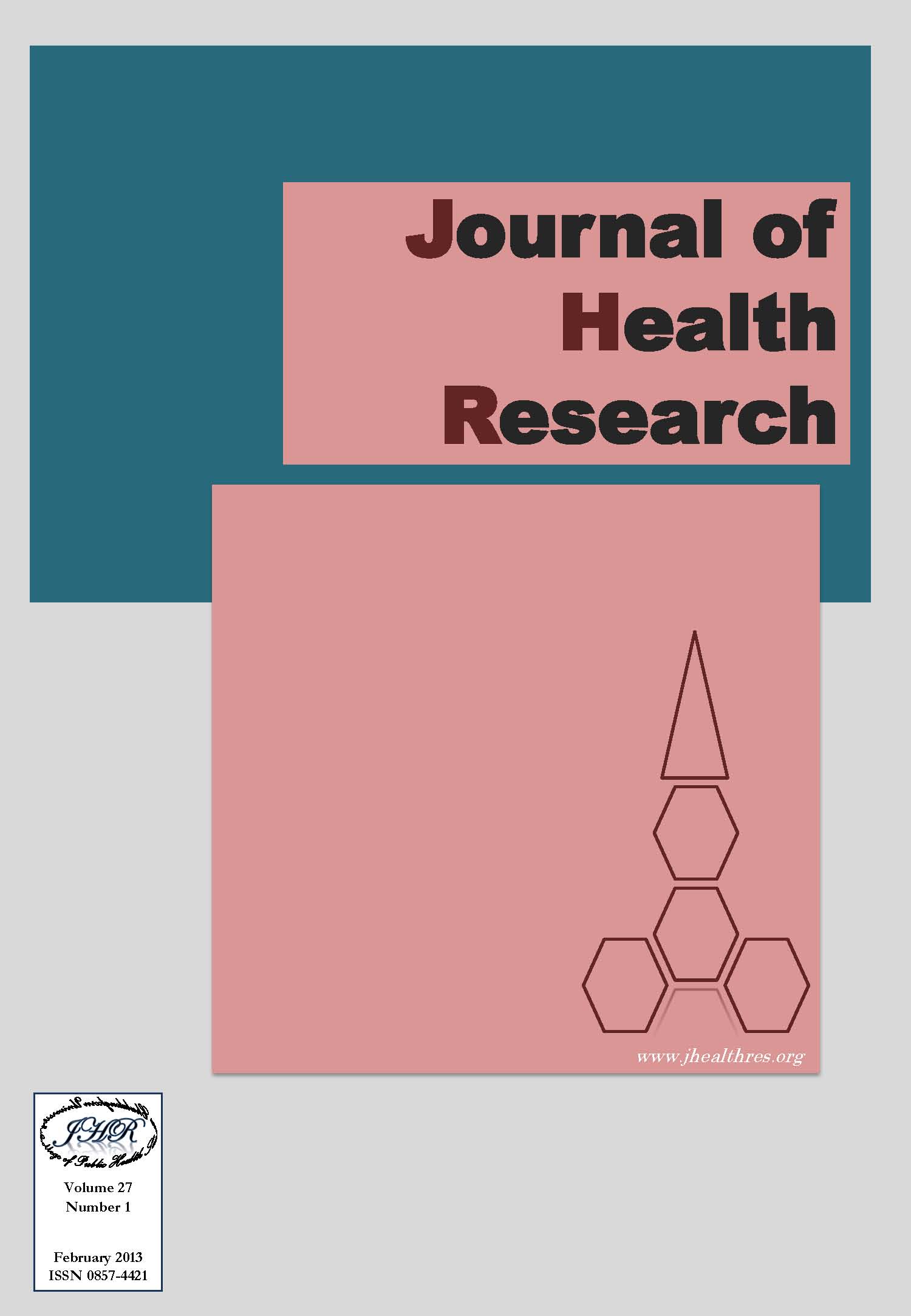Knowledge, Attitude And Practice About Exclusive Breastfeeding Among Women In Chililab In Chi Linh Town, Hai Duong Province, Vietnam
Keywords:
Exclusive breastfeeding, Knowledge, Attitude, Practice, VietnamAbstract
This study was conducted to identify and assess association between the socio-demographic characteristics, the potential barriers, the level of knowledge, attitude and practice regarding exclusive breastfeeding (EBF) during the first 6 months after birth among mothers of babies aged 6-18 months in (Demographic Epidemiologic Surveillance System; CHILILAB), Chi Linh town, Hai Duong province, Vietnam. There were 223 participants selected to join this study by simple random sampling from the CHILILAB office database. In this cross-sectional study, all participants were interviewed face to face, using a standardized questionnaire with 55 questions. 48% of participants reported that they breastfed exclusively during the first 6 months after birth, but only 29% did so under a strict definition of exclusive breastfeeding. The high education participants intended to have more knowledge about EBF than the low education participants and the participants who work for government or services or trading also had more knowledge about EBF than others jobs (p=0.002 and 0.038, respectively) while the 26 – 30 age group intended to have more positive attitude about EBF than other age groups (p=0.012). The lower education participants and the famer both intended to higher self – reported EBF more than the higher education participants and others jobs (p<0.05). Knowledge was not significantly associated with exclusive breastfeeding. There was highly significant association between the participants who were not enough breast milk for the baby with both self-reported EBF and strict practice EBF (p<0.001). Lastly, the study found out some recommendation need to do to improve practice exclusive breastfeeding during the first 6 months after birth in this study area, like as: continue communication about strict exclusive breastfeeding, limit or forbid the advertisement about formula milk, suggest for changing the labor law about the length of rest time after birth.







